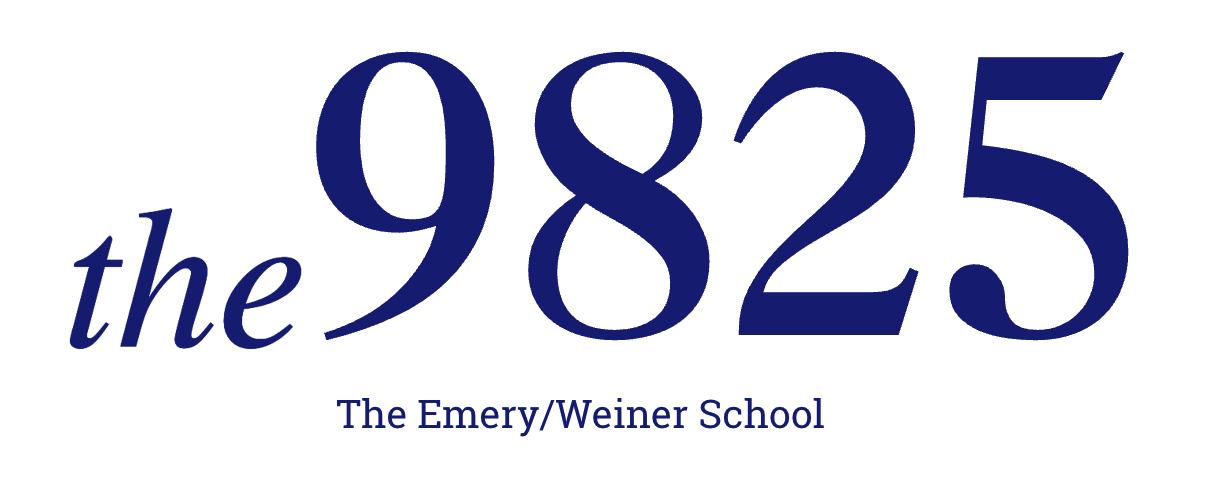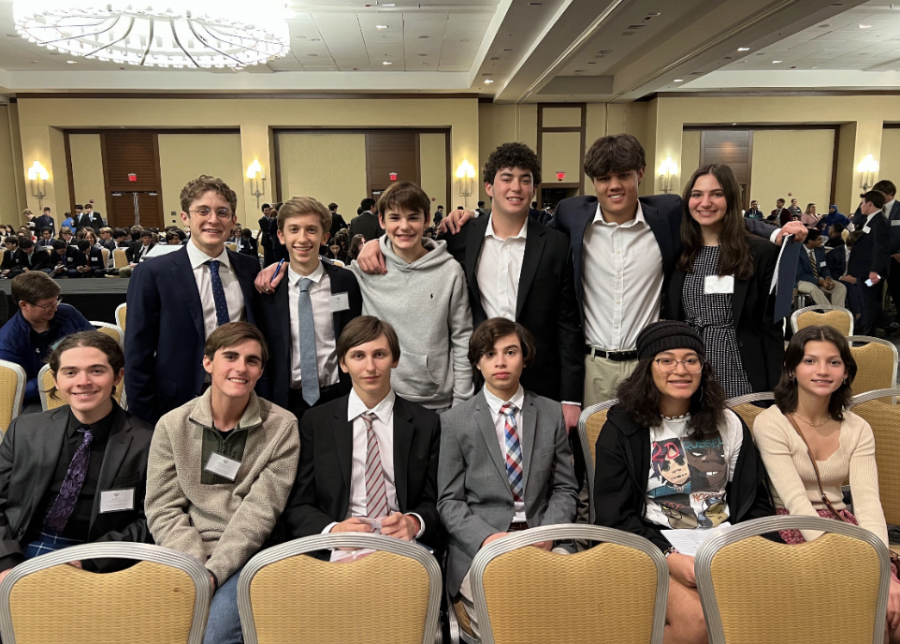MUN: Where School Becomes Applicable to The Real World
March 31, 2023
With the completion of the recent Ivy League MUN (Model United Nations) conference, members of the club have rejoined their peers at school. Upon their return to classes, they failed to see the value a normal school day has over a Model United Nations Conference because of the event’s real-world application.
Faculty Sponsor Treasure Almaraz whole-heartedly agrees with these students’ feelings stating, “I think MUN is awesome because kids get to choose from a wide range of relevant topics, and then they practice real-life negotiation skills and how to develop compromises with people who may or may not share similar ideas.”
In addition to the skills mentioned by Almaraz, students experience enormous growth in their public speaking ability when at these events. Most large conferences fill up with over 3,000 delegates, and in order for a student to state their stance on a topic, they must speak in front of the entire room. Additionally, their public speaking ability is also improved by the fact that almost all the delegates do not know each other, which is a sharp juxtaposition to the usual presentation a student may give during class or even Ma’amad, where they know their audience and feel comfortable.
For Junior Joshua Danziger, he experienced this growth in public speaking firsthand at the most recent MUN conference in Philadelphia, where he had to present his topic in front of thousands of unfamiliar faces. He explained that “Getting up there to speak in front of the entire conference was eye-opening… It was like a sea of random people, and none of them knew me, and I had no idea who they were… Compared to [presenting at] Ma’amad it was a massive step up.”
However, the true value of the MUN conferences stems from the relevant topics that students and separate committees can choose to write about. These topics range from food insecurity, women’s and children’s rights, illegal drugs, and even copyright laws and international trade. All of these topics provide students with abundant knowledge about the contemporary world and give them the unique opportunity to exercise their minds and aim to solve real-world problems. Joshua Danziger explains, “My topic was eco-tourism in the United Nations environmental program and how heightened international tourism affects the different biomes around the world… By exploring this relatively new topic, I feel like I’ve expanded my own global competency and eclipsed the minimally relevant topics we talk about at school.”
Overall, MUN’s value as a club for students and young minds is unmatched as it provides a gateway into discussing real-world issues that are abundantly more relevant than a usual week of school.

